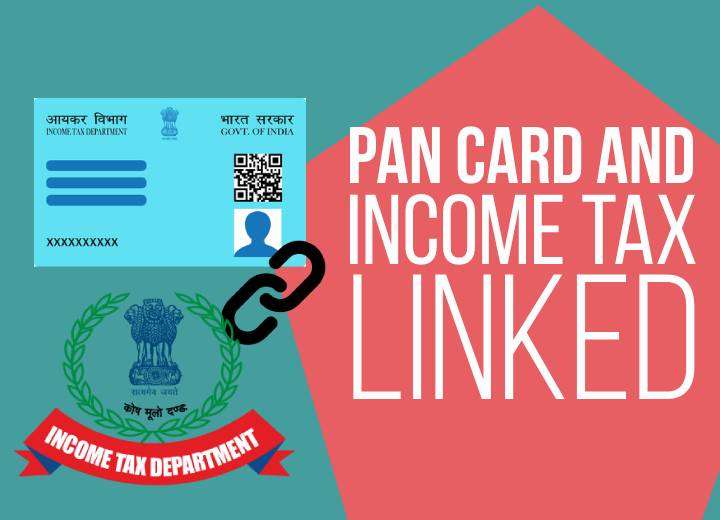It has been made mandatory for income earning and non-income earning citizens to possess a valid PAN card. This card is used by income tax authorities to link a unique identity to every individual who has a source of income and the taxable brackets they fall under. This blog will talk about the link between Pan Card and Income Tax with its importance and benefits.
PAN Cards for Individuals
Income earning individuals of the country have their earnings categorised based on the source of the income. This helps the income tax authorities determine the appropriate taxation slab the individual must be taxed and the applicable tax rate.
The two types of income of a person can be divided into earned income and unearned income. Earned income refers to the income generated from salary received from profession or employers. Unearned income can be defined as pension schemes, retirement benefits, royalties, compensation, child support, etc.
Why is PAN Card Important for Individuals?
Having a valid PAN card allows the individual to take advantage of various tax exemptions and deductions dictated by the Income Tax Act. Apart from all these benefits, given below are some of the importance of PAN cards for individuals:
- For the sale and purchase of fixed properties within India.
- For purchasing automobiles.
- To draft a banker’s draft, pay orders, and cheques.
- PAN Card is required to buy debentures or equity shares exceeding Rs. 1 lakh in value.
- To make deposits in the bank exceeding Rs. 50,000.
- The applicant must furnish a PAN card to open a DEMAT account, bank account, or apply for a credit card.
- The PAN card is an official photo ID proof.
- To carry out several financial transactions in the country.
- The PAN card can apply for a landline or mobile connection.
- PAN cards are essential documents for NRIs to carry out different country transactions.
- To open bank accounts for minors.
Importance of PAN Cards for Income Tax Authorities
PAN cards are used by the income tax authorities to calculate the overall tax generated by the citizens. Further, it also helps determine the tax rate applicable to the different income classes. The income tax authorities use the PAN to keep tabs on all the financial transactions of the taxpayers. Following are some of the benefits of it, proving why the link between Pan Card and Income Tax is important:
- The Government of India considers the PAN card as valid ID proof with the holder’s name, address, and photograph.
- It aids the income tax authorities to determine the applicable tax slab for each individual. An individual not having a PAN card will be taxed at a rate of 20% regardless of what slab they fall under.
- It makes it easier for the Income Tax Department to track all the income earned by the individuals and apply the effective tax rate.
- Since the Permanent Account Numbers are unique to each cardholder, the risk of misuse is eliminated even if the holder loses the card.
PAN and Income Tax Related Articles
| PAN Card for Income Tax |
Latest PAN Rules 2022
Under the new tax regime, the Indian Government has amendments to the PAN rules. Given below are some of the new PAN rules:
- A PAN card should be furnished for transactions like foreign travel or hotel expenses exceeding Rs. 50,000.
- PAN details are required to purchase jewellery worth more than Rs. 2 lakhs, even if paid in cash.
- PAN cards are mandatory to purchase immovable property worth more than Rs 10 lakhs. The public has graciously accepted this amendment, as the previous limit was Rs. 5 lakhs. This has made things much easier for small home buyers.
- PAN should be quoted if the individual makes a term deposit of more than Rs. 50,000 in one go. The PAN is also needed if the deposit is more than Rs 5 lakhs in a year.
- PAN is now made compulsory for any transaction for prepaid instruments worth more than Rs. 50,000.
- PAN cards are mandatory for opening every kind of bank account.
- PAN should be quoted while making cash deposits exceeding Rs. 50,000.
Individuals who do not have a PAN card but want to carry out transactions that require one will be required to submit Form 60. The individual will be required to provide details like name, date of birth, address, mobile number, and information regarding the mode of payment.
Don’t Miss Out!





